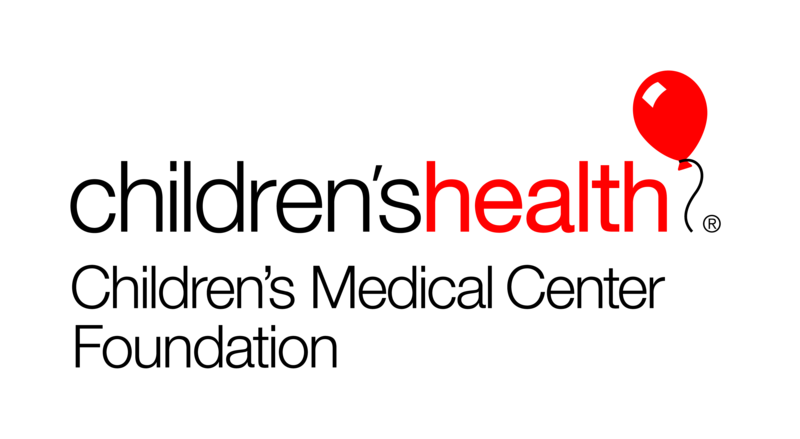
Children's Health Heroes
In their own words and through their own lens, workers at Children’s Health describe what life now looks like in the face of a global pandemic.
They are the nurse who left a profitable career in business to care for some of our community’s tiniest and sickest. They are the chaplain who helps his team members find peace amid uncertainty, while searching for his own. And they are the Child Life specialists and music therapists who bring laughter to patients isolated from the outside world.
While schools and businesses around us have closed and many of us are required to stay at home, thousands of Children’s Health team members are still working.
Some hold jobs necessary for patient care and comfort. Other essential workers keep our hospitals clean and our families nourished. And some have found innovative ways to be there for our patients, even if at a distance.
These are their stories.
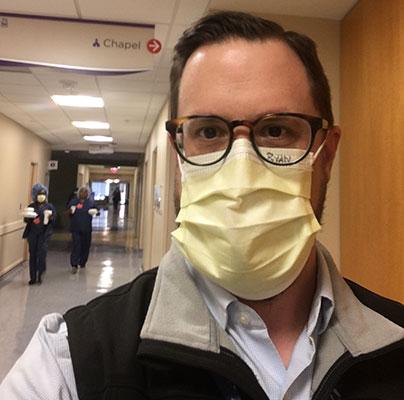
RYAN CAMPBELL
Manager of Pastoral Care, Children’s Medical Center Dallas
We’ve had staff members who have had very acute events of anxiety, and our chaplains have been there to support them. It’s been rough on people. But right now, I feel a sense of calm. I’m also a little distracted because today I’m going to defend my dissertation.
Being able to connect with other chaplains I work with and colleagues I’m close to – whether they’re psychologists, social workers, Child Life specialists or others – has been helpful, knowing we’re all in this together.
I’m trying to help center the staff members I care for in finding their own sense of hope and meaning and whatever tethers them, so they don’t go floating off into the sea of anxiety. And in doing that, it helps me remember to do that for myself.
I think that’s the gift of spiritual care: The more you help grow it somewhere else, the more it grows within you, hopefully.
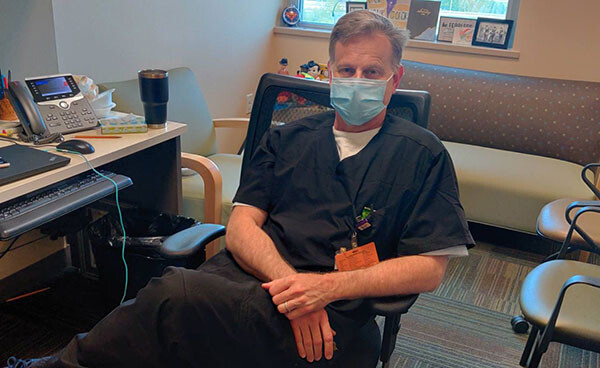
DR. ANDY MCGARRAHAN
Psychologist at the Center for Pediatric Eating Disorders, Children’s Medical Center Plano
Eating disorders are very isolative in the sense that you tend to veer away from other people and withdraw. And the recovery part of it is about getting support from other people, speaking up, communicating your needs. And the COVID virus has in some ways made it not as easy to do that.
The patient support for each other has had to change. For example, in our day area, normally when patients have free time, they would sit on the floor together and play Uno. Now, they can’t. At our community meal, everyone would sit next to each other at one large table. Now, we’ve had to divide all the tables apart.
And when we do group therapy, everyone has on a mask. It’s a strange way to do therapy. It’s hard to hear people because sometimes they’re soft-spoken, and my hearing is not what it was 30 years ago.
And you also can’t see a smile. One time, a patient told me, “I smiled today, and nobody knew it.”
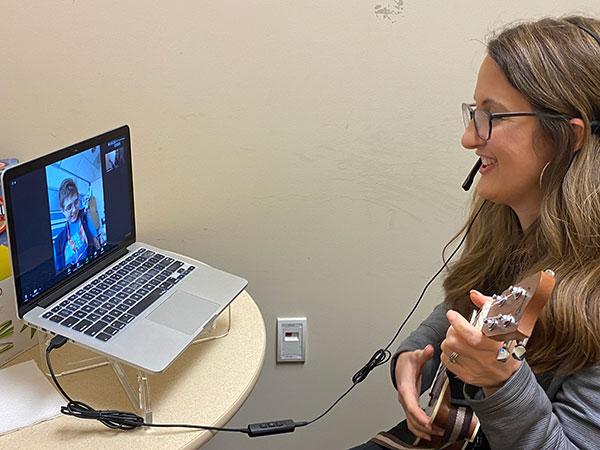
LISA JONES
Child Life Music Therapist and Therapeutic Arts Supervisor
Our families in the hospital are still going through all the things our families have always gone through, even before this pandemic. We still have patients who have a hard time coping with being in the hospital. We still have patients diagnosed with cancer who need help processing the news. And we still have dying patients whose families would treasure a recording of their child’s heartbeat.
Because we’re trying to save PPE [personal protective equipment], there are some patients I can’t visit anymore. I’m lucky to follow a lot of teenagers, so at least many of my kids have phones, and I’m able to connect with them that way.
But it’s not the same as seeing them in-person, and I miss that connection. Even wearing the mask inhibits that somewhat, too. But there are still beautiful things that happen. You just have to be a lot more creative.
Today was a great day. I had a little one who had been screaming all day long. We ended up walking down the hallway, and as I played the ukulele and began to sing, he slowly stopped crying. He smiled and eventually drifted off to sleep in his dad’s arms. The nurses told me I was a miracle worker.
Then, I had another patient who speaks only Spanish, and through an interpreter, he told me about an instrument he used to play in his home country. I found an instrument that’s kind of similar and took it to him today to use at his bedside. He was thrilled.
For the next two hours, I could hear him playing out in the hallway, which was really sweet. Even without speaking the same language, the music connects us.
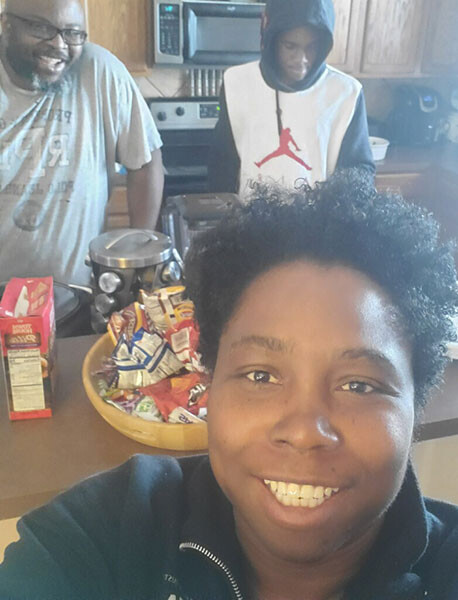
KELLY IHEJIAWU
Manager of School and Library Services, Children’s Medical Center Dallas
The library is closed, and we have some options for families to be able to access activities online. They’re things staff can do at home with their children, or families can do at the bedside with their kids, since we don’t have the typical library space open in the hospital right now.
For me, closing the library was a difficult decision, and I made it at the last minute. I knew it was a resource that we were taking away from families that gave them a quiet space. A space to have fun with their Legos or read a book.
But we knew as social distancing became more strict and the hospital began implementing extra safety measures, that it was the right – but difficult -- thing to do.
We have learning websites that we’ve sent to patients’ families, making sure they’re aware that even if there isn’t a physical space right now, we’re still here.
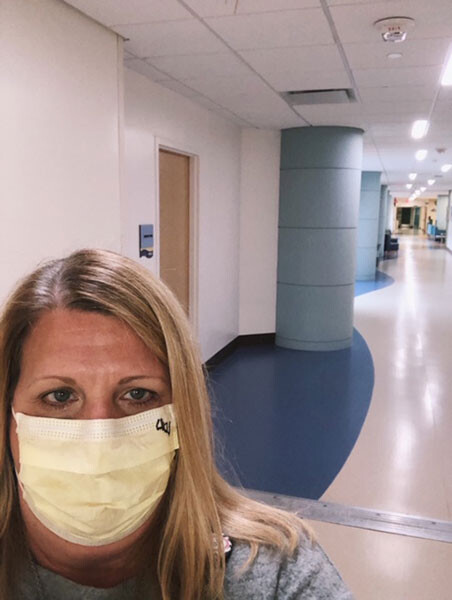
LORI STROHLA
Senior Director of Perioperative Services, Children’s Medical Center Dallas
I’m not afraid at all. I’m a breast cancer survivor, and I've been through much worse than this. I actually think we're more protected at work than we are out in the community.
There are some of my staff who are afraid, but for the most part, my staff are upbeat and positive and all about our mission of making life better for children.
Our surgical cases have dramatically decreased. Since March 19, we have canceled thousands of elective cases. I split my staff into two teams to reduce the number of people in the hospital and because I don’t need all of them here every day. They’re at home, still getting paid and they know to be available.
Usually, I’m out and about, but now I’m spending a lot of time in my office since my meetings are all virtual. I’ve done a little redecorating -- added an inspirational message on the wall and pictures of my trip to Italy to make it homier.
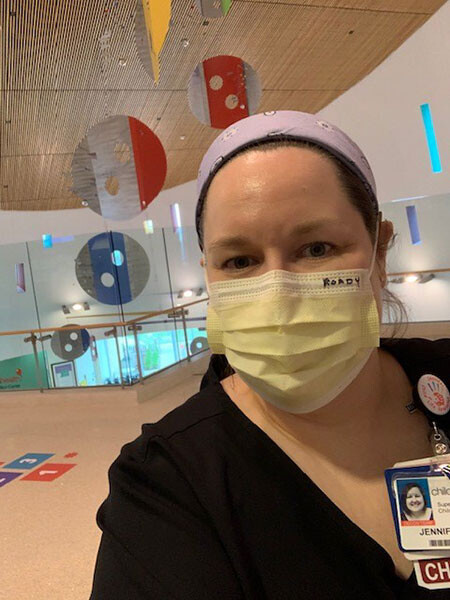
JENNIFER ROADY
Supervisor of Child Life Services, Children’s Medical Center Plano
The hospital is a weird quiet right now because you know it shouldn’t be. Most days, patients, families and staff are walking around. In the atrium, I’d usually run into a co-worker at the coffee shop. The whole atmosphere has changed in the sense that there just aren’t a lot of people around because of our new visitor restrictions and staffing changes.
People are still friendly – that’s the best part of the Plano campus – but there’s just not a lot of people.
We closed the playrooms, but we are still able to support kids at their bedside. It’s difficult with the mask on. Kids and parents can’t see your face, and that changes the way we have to communicate. We have to make sure we are really introducing ourselves to patients and their families, letting them know we are here with care and compassion.
You can learn a lot by looking at people’s eyes, but you have to make sure verbally they understand and not just rely on those social cues we’re so used to.
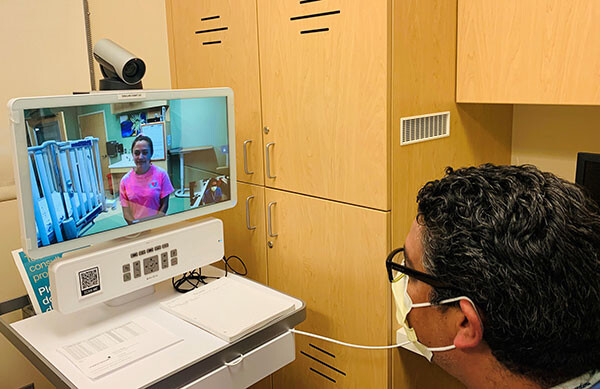
JOSEPH CANTU
Floater Nurse assigned to the COVID-19 response team, Children’s Medical Center Dallas
I started my career in the business world and came to Children’s Health originally as a volunteer. But I fell in love with helping kids and went back to school to become a nurse.
I call myself a float nurse, and our team name is CRT: Clinical Resource Team. We’re trained in all areas of the hospital for clinical care, and I’m pre-assigned to the COVID response team to treat patients who test positive or presumptive positive for the virus.
Of course, at first, I was nervous. But I feel prepared and trained for this. As nurses, this is what we signed up for, and I was ready and willing.
Nursing has completely changed my life and opened up my eyes. When you walk out of the hospital after seeing kids all day fight for their lives, it gives you perspective. It’s honestly made me a better man.
On my way home, I call my wife, and she opens the garage door. I undress in the garage and leave my scrubs in a bag for a couple days. Then I go straight to the shower to lower my risk of infecting my family.
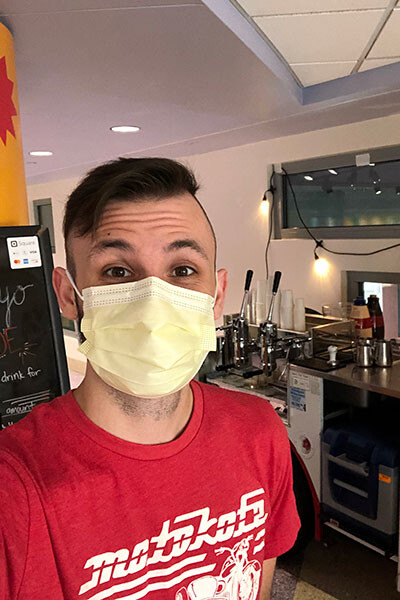
JOHNATHAN YORK
Barista, MotoKofe, Children’s Medical Center Dallas
Coffee is a comfort for me. I’ve dealt with anxiety, and it’s funny because coffee should technically be the last thing you drink since caffeine can make you jittery. But I’ve noticed it actually helps calm me down. If I have a lot on my mind, having a warm cup of coffee really helps me. You can use it to wake up, or you can use it to relax and unwind.
I didn’t think much about the coronavirus until things started to get more serious on the news. The hospital started cracking down with extra safety precautions. Other businesses began to close, and I assumed we would be one of the first ones in the hospital to shut down.
But time kept going on, other shops kept closing, and we kept staying open, serving coffee.
When hospital staff would come by, I could tell how grateful they were that we were still here. Some of them were surprised too, but they were so grateful. It was a good surprise. They would say, “Oh my gosh, I’m so glad you’re still here.”
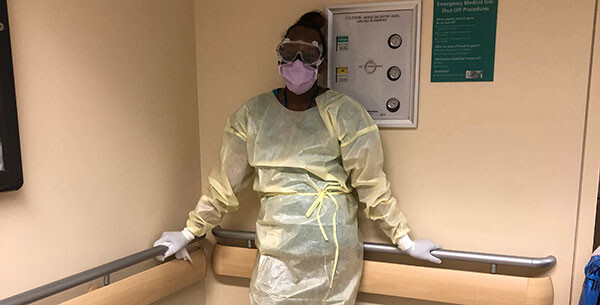
DALYA CANNON
Environmental Services, Housekeeping, Children’s Medical Center Dallas
I’ve worked at the hospital for the last year as a housekeeper. I’ll go into patient rooms and do their daily cleanings. But the most important part to me is making the families laugh and making them feel comfortable when I’m there.
A long time ago, my mom was my manager when we cleaned at a hotel. One day, I asked my mom, “Why do you work so hard?” And she said, “This is my name, and this is the only name I’m getting, so I do a good job wherever I go.” I told her I wasn’t going to do that because I only got paid $7 an hour, so I was going to give back $7 an hour worth of cleaning.
And she fired me that day. She told me, “You represent me, and you’re not going to represent me like that.” That stuck with me.
Now, I’m really passionate about cleaning and very thorough. You go onto the sixth or fifth floors, they’ll tell you. They speak highly of me.
I work with a lot of positive ladies. These days, we’re dancing when we’re at work. We do a lot of TikToks. We even have the doctors dancing sometimes. If I don’t watch the news, sometimes I can forget that we’re in the middle of a pandemic.
Kids count on us. We count on you.
Give to support innovative research, lifesaving treatments and compassionate care.
Did you enjoy this story?
If you would like to receive an email when new stories like this one are posted to our website, please complete the form below. We won't share your information, and you can unsubscribe any time.
